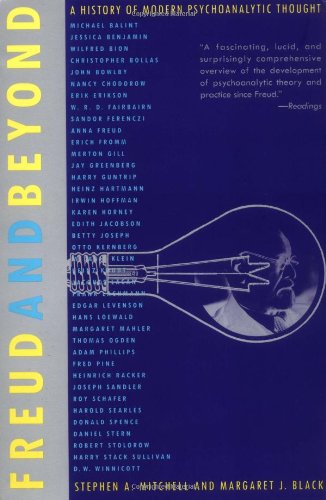Lucian Freud: Mapping the Human (CV/Visual Arts Research) Review

Renowned artist Lucian Freud (1922-2011) is commemorated in an exhibition of fifty portraits spanning his working life, held at "The National Portrait Gallery London" from February to May 2012. The review explores the development of his art from the potent and hyper-sensed studies of the 1940s to major paintings in the later phase, where the artist engaged in a complex and sometimes brutal meditation on the human being, drawn from an intimate engagement with the sitter. Freud's unsparing eye maps his subjects, sustaining single handed an almost unique commitment to the ambitions of high art, grounded in the canons of classic Western tradition. The monograph also includes a review of Freud's figure drawings, exhibited at Blain|Southern Gallery.










